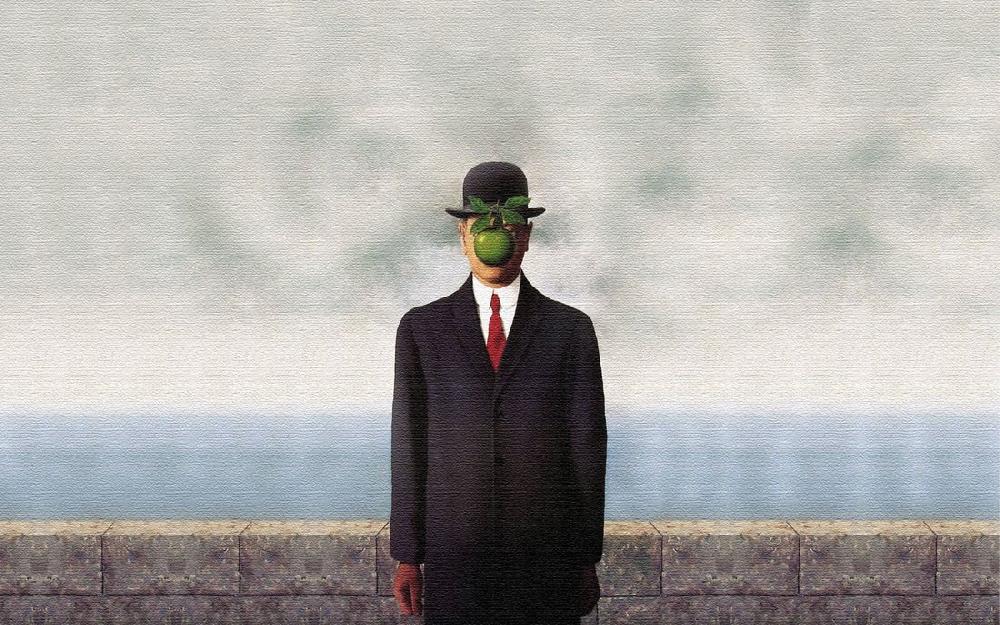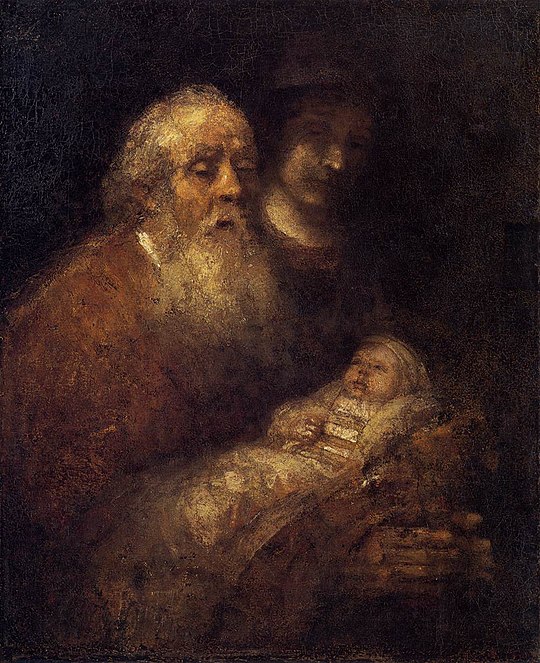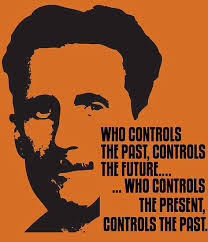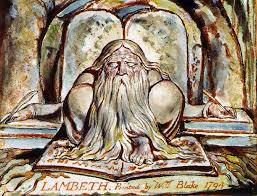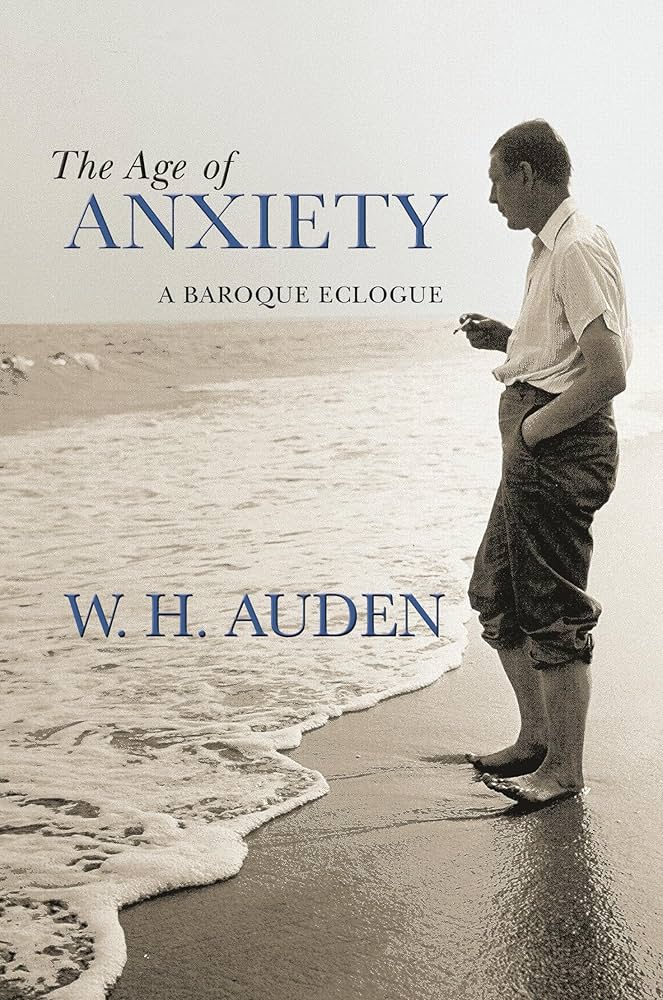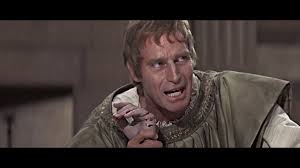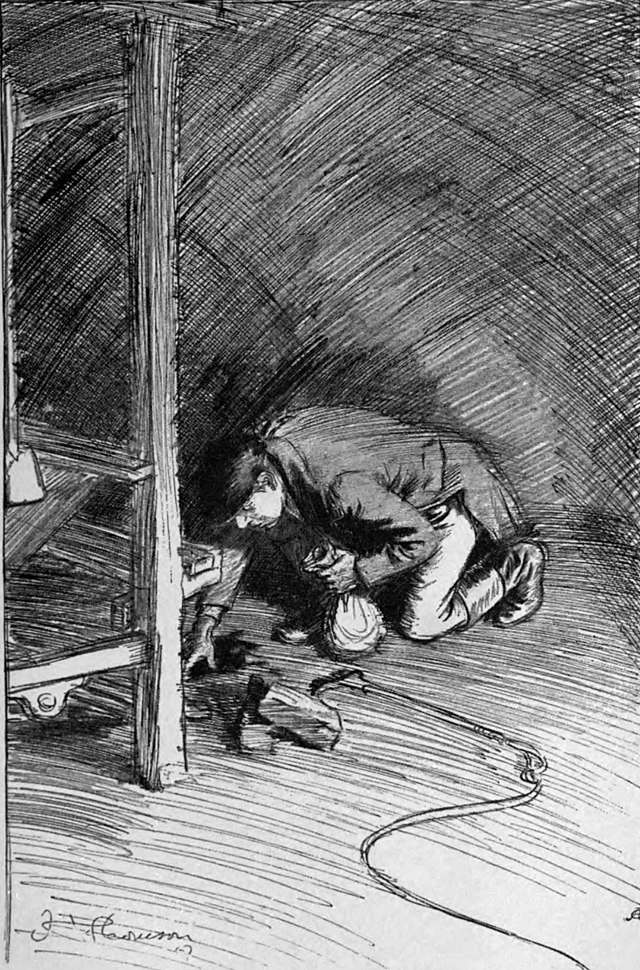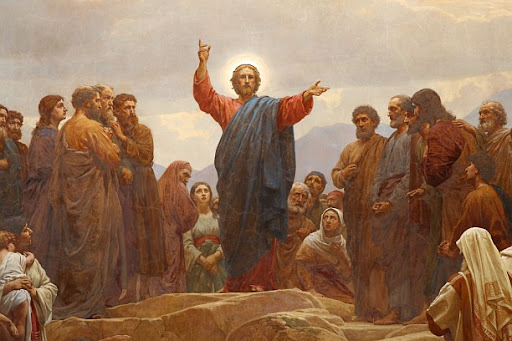Note: If you wish to receive, via e-mail, (1) my weekly newsletter or (2) daily copies of these posts, write to me at rrbates1951@gmail.com. Comments may also be sent to this address. I promise not to share your e-mail with anyone. To unsubscribe, write here as well.
Tuesday
Jay Kuo, who runs the Substack blog The Status Kuo, recently addressed the issue that is on many of our minds: Is Somebody Doing Something? He is referring, of course, to the Musk-Trump on-going coup. I subscribe to Kuo’s blog because he has a clear perspective of what it possible and what is not when things go haywire. Today he contends that more is being done than we may think.
And while I know it’s a small thing, the situation has me thinking of W.H. Auden’s poem “The Unknown Citizen.” Although the poem is a satire, citizens with the characteristics that Auden appears to denigrate are stepping up to resist the takeover. Such people do indeed deserve a monument, although it is not one that a surveillance state such as the one in the poem would ever erect.
Kuo says that mass purges of FBI prosecutors and agents, the shutdown of USAID, and the “tech bro putsch” at Treasury and the Office of Personnel Management—the latter giving “an unelected billionaire access and possible control over our entire federal workforce HR and some $6 trillion paid annually by our federal payment system—was deliberately carried out on Friday so that we would have the weekend to “panic for several days and make us feel like we were rudderless and without clear options.”
On the first business day following the attacks, however, Kuo says that he “can report confidently that the anti-Trump/Musk response is well underway.” Some of those responders are unknown citizens.
But let me first share the poem before mentioning names:
The Unknown Citizen
By W. H. Auden
(To JS/07 M 378
This Marble Monument
Is Erected by the State)
He was found by the Bureau of Statistics to be
One against whom there was no official complaint,
And all the reports on his conduct agree
That, in the modern sense of an old-fashioned word, he was a saint,
For in everything he did he served the Greater Community.
Except for the War till the day he retired
He worked in a factory and never got fired,
But satisfied his employers, Fudge Motors Inc.
Yet he wasn’t a scab or odd in his views,
For his Union reports that he paid his dues,
(Our report on his Union shows it was sound)
And our Social Psychology workers found
That he was popular with his mates and liked a drink.
The Press are convinced that he bought a paper every day
And that his reactions to advertisements were normal in every way.
Policies taken out in his name prove that he was fully insured,
And his Health-card shows he was once in hospital but left it cured.
Both Producers Research and High-Grade Living declare
He was fully sensible to the advantages of the Instalment Plan
And had everything necessary to the Modern Man,
A phonograph, a radio, a car and a frigidaire.
Our researchers into Public Opinion are content
That he held the proper opinions for the time of year;
When there was peace, he was for peace: when there was war, he went.
He was married and added five children to the population,
Which our Eugenist says was the right number for a parent of his generation.
And our teachers report that he never interfered with their education.
Was he free? Was he happy? The question is absurd:
Had anything been wrong, we should certainly have heard.
As described by Auden, Unknown Citizen (who like the Unknown Soldier has no name) appears to live his life in conformity with social expectations. He has the right kind of job, the right kind of political views, the right number of children.
But note that he steps up to do his duty, which is no small thing. And it is people stepping up to do their duty—and getting fired for it—that we are seeing at the moment. Kuo notes that, currently, the front-line defenders of our democracy are
the civil servants whose roles and responsibilities are being upended or whose jobs are on the chopping block under the new administration. How they respond matters a great deal for a number of reasons, both moral and practical.
Morally speaking, it takes courage to stand up to authoritarianism, and Kuo notes that “[o]ne person’s courage is sometimes all it takes for many to find their own.” Practically, meanwhile, “stopping an illegal move initially buys valuable time for the press to be alerted, for union leaders and politicians to organize and respond, and for lawyers to be called in.”
Among the heroic personal responses over the past three days that Kuo mentions are:
–James Dennehy at the FBI, who counseled his staff to “dig in” and who wrote, “Today, we find ourselves in the middle of a battle of our own, as good people are being walked out of the F.B.I. and others are being targeted because they did their jobs in accordance with the law and F.B.I. policy.”
–David Lebryk at Treasury, who refused to grant Musk’s team access to the Fiscal Service, which disburses over $5.4 trillion. Then he retired, depriving the team of his knowledge of how to read, sort and control payments. As Kuo puts it, “More sand in the gears.”
–Director and Dep. Director for Security, John Vorhees, and Brian McGill at USAID, who denied Musk’s “Department of Government Efficiency” (not an actual department) access to classified materials. Both were suspended.
Of course, unknown citizens can swing both ways, and there are those faceless figures that participate in Nazi rallies and refuse to acknowledge the neighboring concentration camp. But Auden’s unknown citizen appears to have taken civics in high school, which is looking very attractive these days. The man even belonged to a union, which would not make Musk or Trump happy.
Of more concern in Auden’s poem is the “we.” Trump’s billionaire allies—not only Musk—are vacuuming up personal information in ways that the poet could never have imagined. Trump is determined to make it even easier for them.
